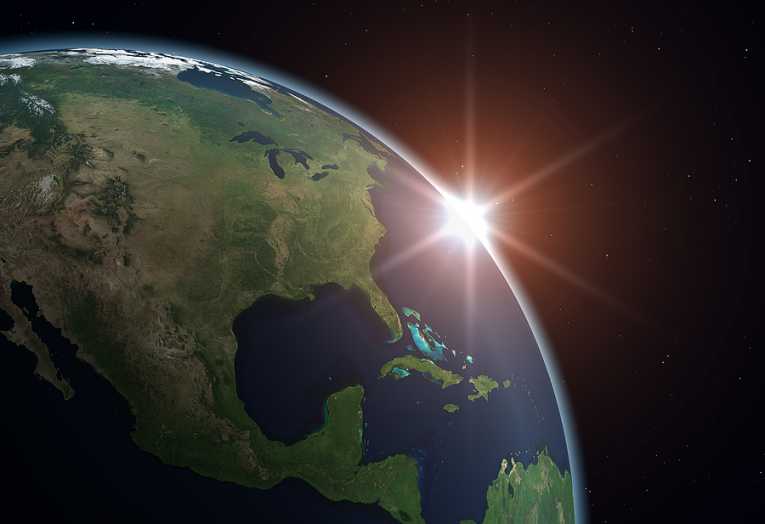On September 27, humanity will exceed Earth's annual capacity to provide for our ever-growing population. According to the Global Footprint Network (GFN), an international research organization dedicated to "advancing the science of sustainability", humans will exceed the Earth's capacity to sustainably provide for our needs on that day.
Dubbed Earth Overshoot Day, the date marks the point at which our demands for food production, CO2 absorption, and production of raw materials, etc., will exceed the planet's capacity to provide essential resources and absorb human-generated wastes.
The Network, which has offices in Oakland, California, and Geneva, Switzerland, likens this overuse of resources to deficit spending. For the remainder of the year, humanity will continue to increase its "deficit spending" of global resources. "That's like spending your annual salary three months before the year is over, and eating into savings year after year, said GFN President Dr. Mathis Wackernagel. "Pretty soon, you run out of savings."
And this plunge into deficit spending is nothing new. In fact, say GFN officials, we've been at it for decades. Since the 1970s, it's become a vicious cycle of ecological overspending. "From soaring food prices to the crippling effects of climate change, our economies are now confronting the reality of years of spending beyond our means," said Dr. Wackernagel. "If we are to maintain stable societies and good lives, we can no longer sustain a widening budget gap between what nature is able to provide and how much our infrastructure, economies and lifestyles require."
This year, Earth Overshoot Day coincides with the birth, anticipated to occur some time in late October, of the 7 billionth human. Which underscores the immediacy of the problems we face, yet have so far failed to adequately address.
"Providing good lives for the world's people is certainly possible - but it will not be possible using the resource-intensive development and growth models we have pursued in the past," said GFN Director of Research and Standards, Dr. Juan Carlos Morales. "That means finding new models of progress and prosperity that limit demand on ecological assets. It also means maintaining the resources we have left as an ongoing source of wealth rather than liquidating them for fast cash."
Top Image Credit: Planet Earth. Sunrise over North America © Enderbirer










